Seconds after seeing its striking features, you had to pop your eyes back in their sockets.
The new Fremantle Dockers’ Indigenous Round jumper , with chevrons subbed off for boomerangs and intricate dots and designs mixed in, blew your mind didn’t it?
Maybe your first thought, like mine was: I’ve got to get one of these.
My second was: What number do I want on the back?
I thought of what the AFL’s annual Indigenous Round stands for, how I also could reflect those ideals and show a connection to my country’s own aspirations for inclusiveness, recognition and reconciliation.
Only one number could encapsulate all that – 42.
That’s the number Brooklyn Dodger Jackie Robinson wore in 1947, when his debut broke Major League Baseball’s restrictive colour barrier.
Larry Doby, who broke in later that year with the Cleveland Indians, joined Robinson as the league’s first African-American players in the modern era.
In 1997, MLB retired Robinson’s number in perpetuity and each April 15 – the anniversary of Robinson’s debut – every player on every team wears his number, in tribute. The current feature film, “42,” immortalises Robinson’s rookie season.
It’s fascinating how both Robinson and former St. Kilda Indigenous star Nicky Winmar courageously defied racial vilification in different ways.
While Robinson avoided confrontation and silently endured verbal abuse and physical threats, 20 years ago this week, Winmar famously and provocatively bared and pointed to his dark midriff in front of hostile Collingwood supporters.
While Winmar’s action spurred the AFL and Australia to reflect, then act, concerning Indigenous people, only a few American sports teams have.
Last year, MLB’s Arizona Diamondbacks held Native American Recognition Day, sponsoring an inter-tribal youth baseball and softball tournament.
This year, Kevin Durant, star of the NBA’s Oklahoma City Thunder, conducted a skills clinic with Chickasaw tribe kids, while the Womens National Basketball Association’s Tulsa Shock ran a “Dribble to Stop Diabetes” day with members of the Muscogee (Creek) Nation.
But American sporting codes have yet to honour indigenous Americans and their contributions as prominently as the AFL.
The answer may lie in the numbers.
While Indigenous Australians constitute nine per cent of AFL lists and 2.5 per cent of the country’s population, Native Americans – including those in Alaska – and indigenous Polynesians of Hawai’i represent 1.5 per cent of the United States population and have far smaller numbers in professional sports.
Consider this: The Freo Dockers’ six Indigenous players on their current list is one fewer than the total number of active Native American athletes in MLB, the National Football League and National Hockey League combined.
The NBA currently has none.
Yet, dozens of amateur and pro American teams continue to depict Native Americans in their nicknames and logos, which for decades have polarised public opinion.
Native American activists and leaders still debate whether teams are ridiculing or honouring their respective cultures.
Fremantle’s intentions are clear.
To use baseball parlance, Aboriginal Australians Richard Walley and assistant coach Roger Hayden have, by designing the Indigenous Round jumper, hit a “home run” with fans of all backgrounds.
In fact, the Dockers’ spirit of inclusion has long attracted me to the club. I read with great interest and admiration – in the late Matt Price’s book, Way To Go: Sadness, Euphoria and the Fremantle Dockers – the high regard Freo’s inaugural coach Gerard Neesham has for Indigenous players, manifested by his establishment of the not-for-profit Clontarf Foundation , benefitting Indigenous young men.
Thinking back to the game that made me a Freo Dockers fan – the unforgettable 2003 round 23 Derby win – Indigenous star Jeff Farmer’s wizardry wooed me.
Today, I get a rush watching the skills of current Indigenous players: Michael Walters’ creativity, Stephen Hill’s speed, Danyle Pearce’s passion, Jonathon Griffin’s rucking and Clontarf Aboriginal College graduate Michael Johnson’s leadership – and future talent Josh Simpson’s promise.
But beyond the new guernseys’ cosmetic appeal, the Freo Dockers’ Reconciliation Action Plan is, with its stated commitment of “making a contribution to closing the social and economic gap between Indigenous and non-Indigenous Australians,” bold and innovative.
Recent reports of other teams fans’ verbal abuse against Indigenous players is disheartening, but Fremantle’s persistence to promote inclusion and reconciliation is like a player furiously trying to handball the footy while it’s in dispute – “making a genuine attempt” to dispose of past hurts, build lasting bonds and stand for something.
American sports codes certainly could learn from the Fremantle Dockers’ example.
And if he were alive to see it, Jackie Robinson, No. 42, would be proud.


